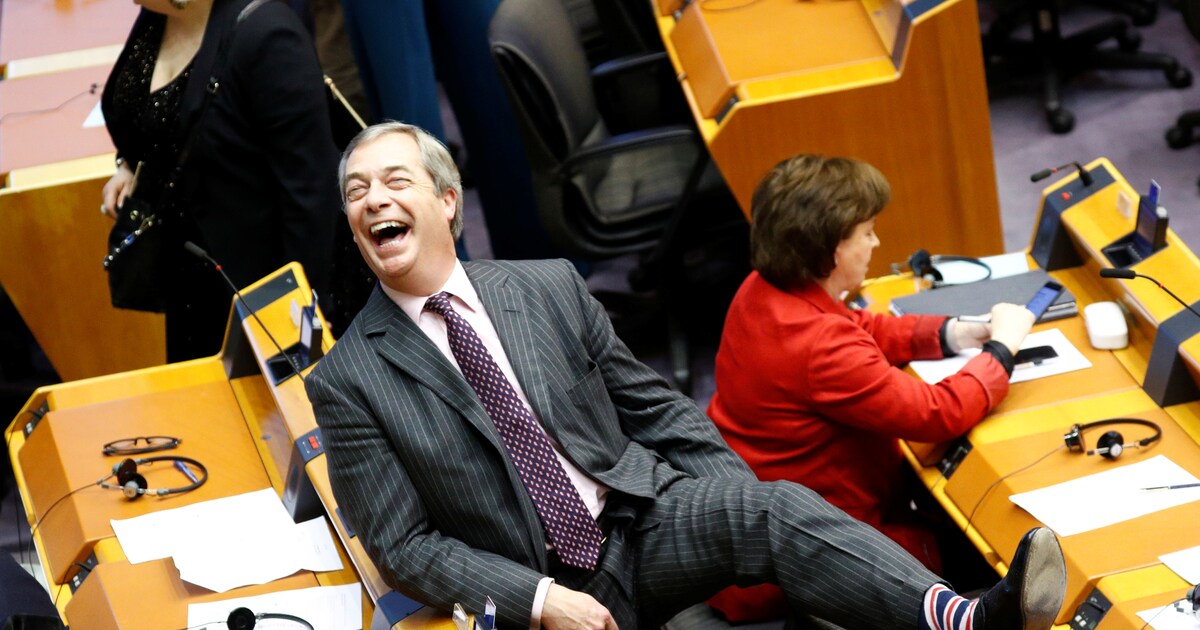The political class in the Netherlands is not very interested in the interference of ordinary citizens in decision making. In 2004, the referendum was defeated in the Senate, and six months later the elected mayor was defeated. To calm the bloodshed, parliament approved a consultative referendum on the European Constitution, to be held on 1 June 2005.
In the House of Representatives, supporters of the European Constitution constitute the majority. Only the LPF, SGP, Christian Union and Geert Wilders’ single faction voted against it.
Since 2005, participation has not been successful
CDA Prime Minister Jan Peter Balkenende and his party colleague, Justice Minister Piet Hein Donner, remained dissatisfied with the results. They warned that rejection of the constitution could endanger peace in Europe. D66 Minister Laurens Jan Brinkhorst predicted economic disaster: ‘Eventually the lights will go out in the Netherlands’.
Voters were unimpressed by the bad news. The results were a painful surprise for established parties, from the VVD to GroenLinks: 38.5 percent in favor and 61.5 percent against. The conclusion of the political class: voters voted wrong, so we won’t have another referendum.
Citizen participation? No, thank you. Citizens are too stupid, too emotional, too focused on their own interests, too susceptible to the lure of evil demogogues. That is why, since 2005, participation, let alone joint determination, of citizens in local, national and European governance has not been successful.
The Netherlands, we all sigh, is once again showing its true face as we have known it for centuries: as a country of regents managing its affairs in private circles without the intervention of bold citizens.
Just kidding.
In his groundbreaking study Based on popular demand historian Joris Oddens points out that this picture is completely untrue. Although not formally a democracy, the Netherlands was much more democratic in the 18th and 19th centuries than is taught in schools.
Not only citizens of right-wing (Protestant) denominations, but also Jews, Catholics, women, illiterate people, and even slaves, took full part in political decision-making. They did this by petitioning and petitioning local and national authorities. These authorities are required – first under customary law, then under constitutional law – to process requests and petitions.
The Netherlands is a country of petitions
For example, in 1832 the Groningen city council handled no less than 316 petitions. The Jewish community asked for an exemption from the obligation to clean gutters and streets in its neighborhoods on Saturday (Sabbath). Vindicat students sought permission to light fireworks on the occasion of the chancellor’s transfer. Residents of Turfsingel complained about the loading of rubbish, manure and ash due to the rampant cholera outbreak.
Excise duty exemptions (for example on the main fuel at that time: peat) were a very popular topic in stakeholder petitions. This also applies to requests for lucrative government jobs (in the city or abroad, in the Dutch East Indies).
But it’s also about bigger issues. For example, thousands of slaves in Suriname asked for release. This is granted by the Police and Criminal Court in Paramaribo when they can demonstrate that they are able to support themselves. There were numerous petitions, often written by women, to abolish slavery altogether.
In March and April 1782, a petition campaign was launched from almost all the cities of the Republic to the city councils, Provincial Councils and States General to conclude a trade treaty with the United States. America had declared itself independent from England in 1776, but England opposed this. Nevertheless, the campaign was successful: the States General recognized the United States on April 19, 1782, paving the way for a trade agreement.
The campaign of 1829 was even more massive and far-reaching, the DPR received hundreds of petitions with a total of between 300,000 and 400,000 signatures. This was aimed at King William I’s reluctance to consider complaints which mostly came from the Southern Netherlands. This relates to efforts to curb press freedom, the lack of educational freedom for Catholics, a language policy that prioritizes Dutch and the fact that ministers are not accountable to parliament.
After tumultuous deliberations, a majority of the House of Representatives (northern) decided to approve the king’s actions. The southern members were stunned. Several months later, an uprising occurred in Brussels that culminated in Belgian independence. According to Oddens, disappointment over the failure of the petition movement was the deciding factor for secession.
There’s no need to be afraid
In the period Oddens describes – the period 1780-1860 – the Netherlands continued to change form: from a republic to part of Napoleonic France and from an autocratic kingdom to a constitutional monarchy. However, in daily practice, the door to political decision making is wide open for ordinary citizens. A massive petition drive led to a drastic change in direction.
So the moral of Oddens’ story is: there is no reason to be cold to the direct participation of citizens who in 2023 are better educated than ever and have greater (digital) access to the right information to make reasonable judgments about this matter. things that concern them.
Joris Strange: Based on popular demand. Inclusive politics in the Netherlands (1780-1860), Boom (Amsterdam), €29.90.
Hans Wansink is a historian and journalist. He is an editor NRC Handelsblad, Intermediary And de Volkskrant.
Wynia Weekis there all year round. With independent and surprising reporting. Wynia’s Week is free, but it’s not cheap.Readers, viewers and listeners make Wynia Week happen.Are you in? You can donateHERE. Thank You!

“Hipster-friendly creator. Music guru. Proud student. Bacon buff. Avid web lover. Social media specialist. Gamer.”

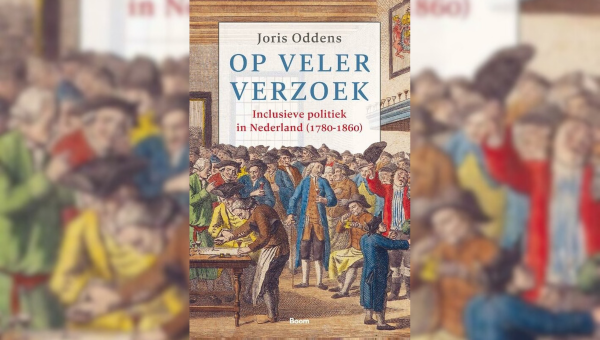
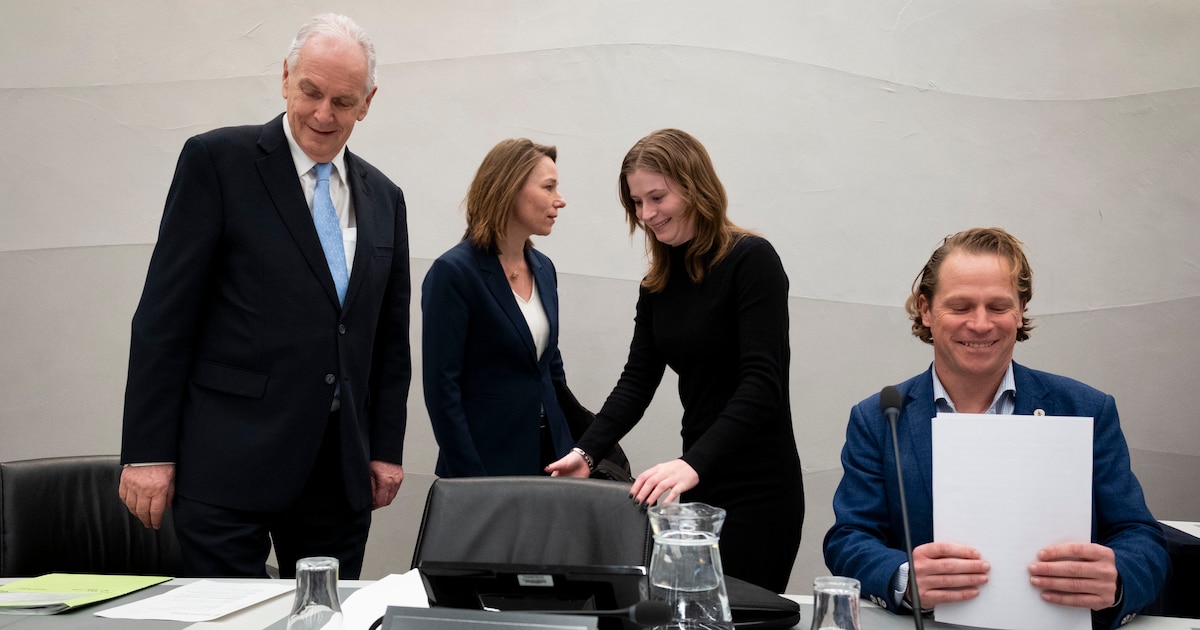
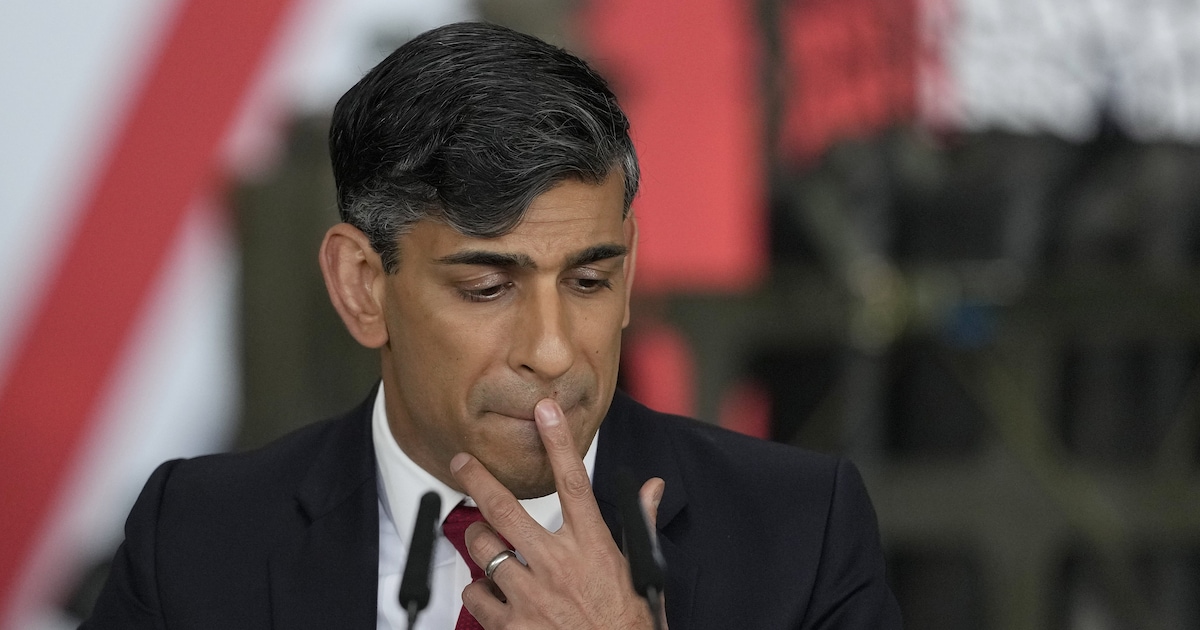
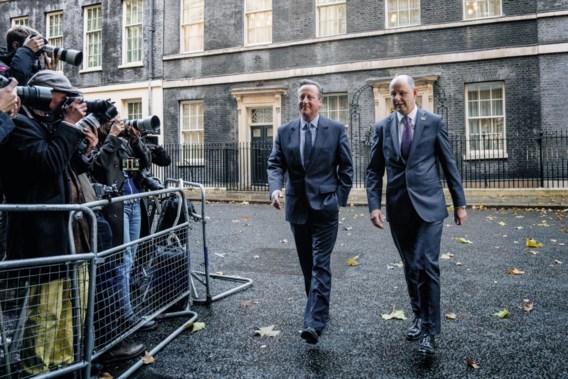

/s3/static.nrc.nl/wp-content/uploads/2024/04/web-2404buibootmigrant.jpg)
